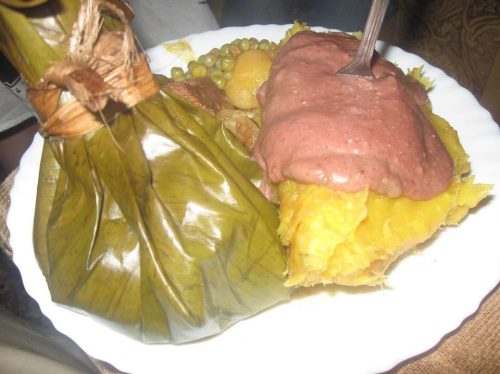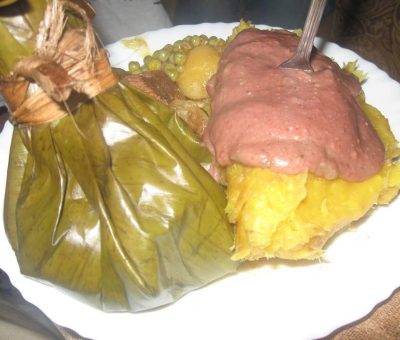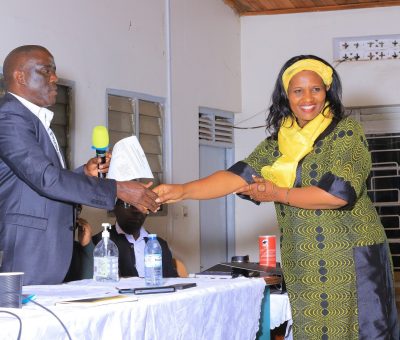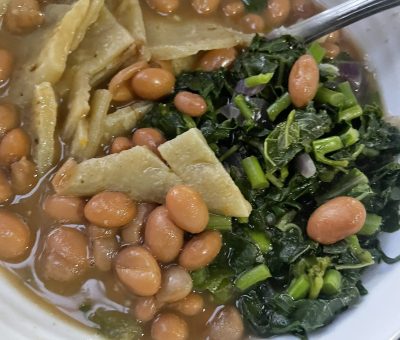When should a mother not breastfeed?
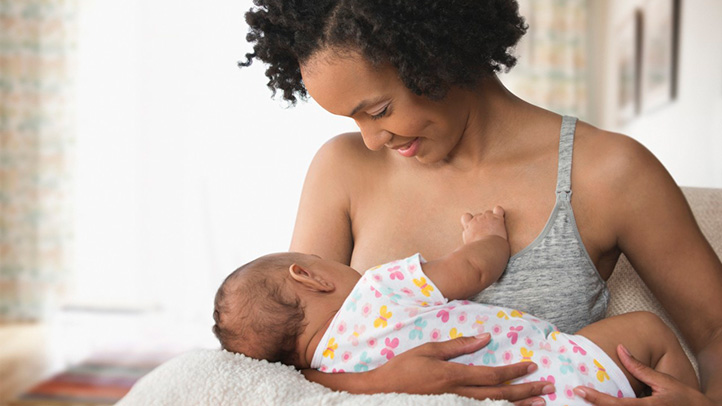
Breastfeeding is essential because it boosts the immunity of the baby, enhances the bond between the mother and child and reduces the risk of breast and ovarian cancer as well as heart disease in mothers.
Despite these benefits, there are times when a mother has to weigh between the benefits of breastfeeding and the risk of transmitting disease to her newborn baby.
HIV/Aids
Although mother-to-child transmission of HIV is preventable through antiretroviral treatment during pregnancy and postpartum, the Center for Disease Control (CDC) remarks that there were more than 150,000 new infections in children (0 – 14 years) worldwide in 2020.
The UNAIDS 2021 Spectrum estimates indicate there were 5,500 new childhood HIV infections in Uganda due to mother-to-child transmission, with half of those infections occurring among infants born to mothers who stopped HIV treatment during pregnancy and breastfeeding.
Being HIV positive comes with its own set of challenges and concerns. However, with the right information, support and guidance, you can still experience the joy and benefits of breastfeeding while safeguarding the health of your child.
Dr Daniel Muyanja, the director of clinical services at the Joint Clinical Research Centre (JCRC), says HIV positive mothers can breastfeed and give their babies an equal feeding opportunity but there are factors that they should consider.
“There is a routine tests done for HIV- exposed infants the age of six weeks for early infant diagnosis. The second test is usually done at nine months and if these tests are negative, then the mother should stop breastfeeding the child at one year and wean them off with other foods. This reduces the risk of HIV transmission,” he says.
However, if the second test was positive, then the mother can continue breastfeeding until the baby is two years old because the child is already infected.
According to Dr Andrew Kazibwe, the head of medical services at The Aids Support Organisation (TASO) Uganda, after an assessment done by a health worker, there are categories of mothers who cannot breastfeed. Such mothers are advised to go for replacement feeding. The feeding should be affordable, feasible, sustainable and safe.
The replacement feeding involves buying formula milk, having as many bottles for hygienic reasons, making the right composition of the milk and keeping it at the right temperatures.
The categories include a mother who has HIV and is not on antiretroviral therapy (ART), or is on ART but has not achieved sustained viral suppression during pregnancy (at a minimum throughout the third trimester) or at the time of delivery, or is unable to maintain sustained viral suppression postpartum.
When is breastfeeding risky?
During simple infections and ailments like common colds, flu, gastrointestinal infections and many others, babies can be breastfed if proper precautions and hygiene measures are followed.
However, there are very few conditions when a mother cannot breastfeed.
According to the Centers for Disease Control and Prevention (CDC), all infants born to Hepatitis B Virus-infected mothers should receive hepatitis B immune globulin (HBIG) and the first dose of hepatitis B vaccine within 12 hours of birth. The second dose of vaccine should be given at age 1–2 months, and the third dose at age 6 months.
The infant should be tested after completion of the vaccine series, at age 9–12 months (generally at the next well-child visit), to determine if the vaccine worked and that the infant is not infected with HBV through exposure to the mother’s blood during the birth process.
Dr Muyanja says, “There is no need to delay breastfeeding until the infant is fully immunized. The risk of HBV mother-to-child transmission through breastfeeding is negligible if infants born to HBV-positive mothers receive the HBIG/HBV vaccine at birth.”
According to the CDC, mothers with cancer who are taking chemotherapy medications also cannot breastfeed their babies. Cancer chemotherapy drugs hamper cell division and rapidly growing cells. This may severely damage the growth of the baby if passed on via breast milk. Cancers as such are not a contraindication for breastfeeding.
Mothers who are undergoing radiation therapies especially of the chest are also not allowed to breastfeed until their therapy regimen is over.
Also, mothers with untreated and active tuberculosis infections are not advised to breastfeed. They may breastfeed after their infection is cured or brought under control so that it does not spread to the infant.
Neither breastfeed nor express
A mother should temporarily not breastfeed or express milk for their infants if she is infected with brucellosis, has suspected or confirmed Ebola virus disease, monkey pox, is undergoing diagnostic imaging with radiopharmaceuticals, has an active herpes simplex virus (HSV) infection with lesions present on the breast but the child can breastfeed directly from the unaffected breast.
Such a mother may resume breastfeeding after consulting with a physician to assess when their breast milk is safe for the infant after getting their ailments treated.
When to express milk
Dr Muyanja says, “A mother who has untreated, active tuberculosis may not breastfeed but can express milk for her infant. The mother can receive the BCG vaccine to prevent the passing on of the disease. She however can resume breastfeeding after two weeks of appropriate treatment and continue until she completes her treatment.”
Mothers with active chicken pox infection can express their milk but resume breastfeeding after consulting with a physician to determine when there is no longer a risk of spreading infection to the baby.
Mothers who express their milk should be provided with lactation support to learn how to maintain milk production while not breastfeeding.
Dr Muyanja also remarks that a mother whose baby is low birth weight or preterm or if the mother has an infection can express the milk for the baby.






